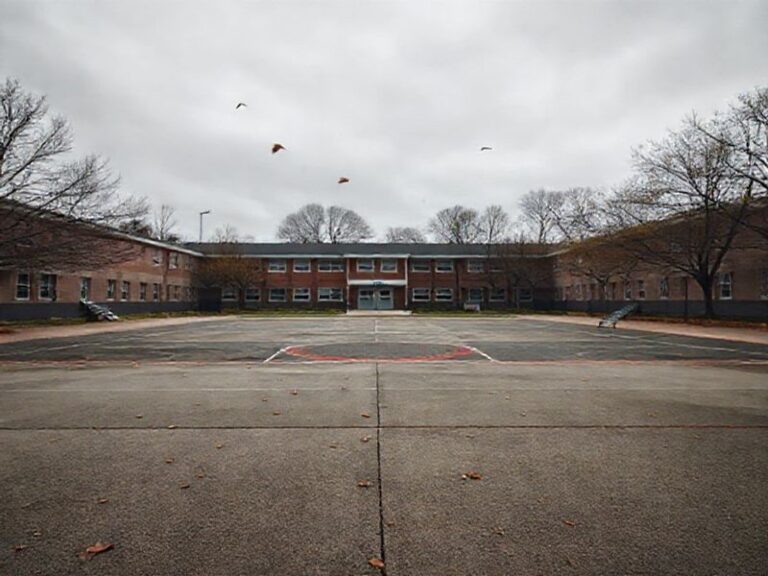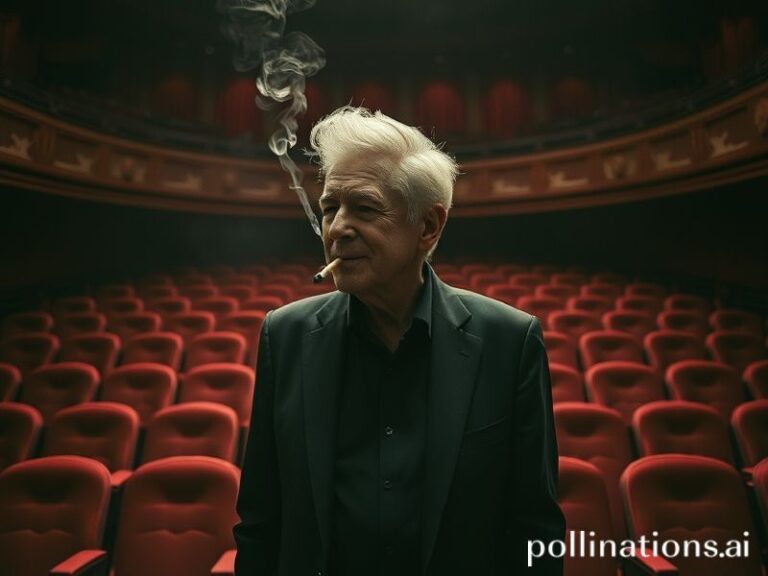Kazakhstan vs Belgium: The Internet’s Newest Meme War and Why It Matters
# Kazakhstan vs Belgium: The Internet’s Newest Obsession
In the vast, unpredictable landscape of internet culture, a new rivalry has emerged, captivating the global digital populace. No, it’s not the latest feud between influencers or a new console war. This time, it’s a clash of nations: Kazakhstan vs Belgium. But why are these two countries suddenly trending worldwide, and what does it all mean? Let’s dive in.
## The Spark That Lit the Fire
The Kazakhstan vs Belgium trend ignited on Twitter, of course, because where else would a global meme war begin? It all started with a simple observation: Kazakhstan and Belgium have some strikingly similar flags. Both feature a horizontal tricolor of red, black, and yellow. The similarity sparked a wave of jokes, comparisons, and even accusations of flag plagiarism.
But the internet, being the internet, didn’t stop there. It quickly escalated into a full-blown cultural showdown, with users from both countries (and everywhere else) chiming in to defend their respective nations. Memes, challenges, and even historical deep dives flooded social media, turning a simple flag comparison into a global phenomenon.
## Cultural Context: More Than Just Flags
At first glance, Kazakhstan and Belgium might seem like an odd pair to pit against each other. One is a vast, landlocked country in Central Asia, known for its nomadic history and stunning landscapes. The other is a small, densely populated European nation famous for its chocolate, waffles, and surrealist art.
But the internet doesn’t care about geography or demographics. It cares about narratives, and the Kazakhstan vs Belgium trend has provided a rich tapestry of stories and memes. From debates about which country has the better cuisine (Belgian waffles vs Kazakh beshbarmak, anyone?) to discussions about historical achievements, the trend has become a platform for cultural exchange and humor.
## Social Impact: A Global Meme War
The Kazakhstan vs Belgium trend has had a significant social impact, bringing people together in a shared moment of levity and creativity. It’s a reminder that, despite our differences, we can all come together to laugh at a silly internet trend.
But it’s also had some unexpected consequences. The trend has boosted tourism interest in both countries, with people suddenly curious to visit Kazakhstan or Belgium after seeing them trending. It’s also sparked conversations about national identity and cultural pride, with people from both countries (and others) reflecting on what makes their nation unique.
## Why This Trend Matters
So why is this trend significant? For one, it’s a testament to the power of the internet to create global conversations out of seemingly mundane topics. It’s also a reminder that culture is fluid and dynamic, shaped by both history and the whims of the digital age.
Moreover, the Kazakhstan vs Belgium trend is a celebration of diversity and unity. It’s a chance for people from all over the world to engage with different cultures, learn about new places, and laugh together. In a time of division and uncertainty, that’s something to cherish.
## Conclusion: Long Live the Meme War
The Kazakhstan vs Belgium trend may seem silly, but it’s a powerful example of the internet’s ability to connect people and spark conversations. It’s a reminder that culture is not static, but ever-evolving, shaped by both history and the digital age.
So here’s to Kazakhstan vs Belgium: may the meme war continue, and may we all continue to find joy and connection in the most unexpected places. After all, in the grand scheme of things, what’s more important than a good laugh and a shared moment of cultural exchange?







